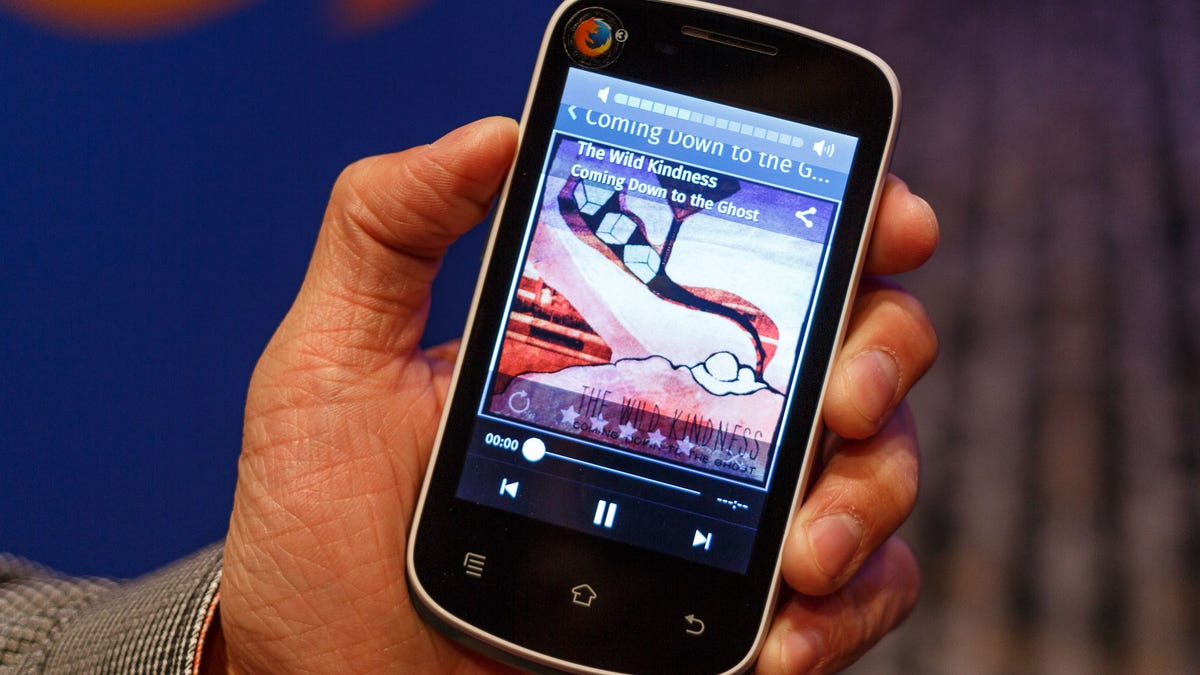To avoid Android pitfalls, Mozilla shoulders Firefox OS update burden
Mozilla doesn't want Firefox OS users to have out-of-date versions of the mobile OS, so it's working to offer updates itself over Wi-Fi connections.

BARCELONA, Spain -- Mozilla will take over some responsibility for issuing Firefox OS updates that carriers today have, a move that could help users avoid the fate of Android phone owners saddled with older operating system versions.
"We are pushing that envelope," Chief Technology Officer Brendan Eich told CNET. "We think we can get people on Wi-Fi upgrading through Mozilla."
That would mean a person could step into an Internet cafe then update the software as soon as Mozilla releases a new version or security fix, rather than waiting for a handset maker to build, test, and release the update through a network operator partner.
CNET's full coverage of Mobile World Congress
But, Eich cautioned, "We are not there yet." OS updates are a risky proposition for carriers, which don't want to risk bricked phones and the attendant customer support difficulties.
Part of the change is driven by the fact that carriers aren't necessarily going to be in the loop with Mozilla's $25 Firefox OS smartphone, announced this week at Mobile World Congress here. For that phone, people often will buy the phone from a bin at a retail store, Eich said, picking a carrier later.
Operating system updates can be a sore point for smartphones. Most Apple customers upgrade operating systems relatively swiftly, but even mid-range Android phones often don't see new versions of the operating system. That leaves customers without new features, makes lives difficult for app developers struggling to support older models, and exposes people to security risks.
Firefox OS risks this problem, too. Although Mozilla issues Firefox OS updates at half the rate it does with Firefox -- every three months instead of every six weeks -- that's still too fast for some. Alcatel skipped the Firefox 1.2 update because of some problems with the 1.1 update.
Firefox OS is still a young challenger in the marketplace, with the first phones going on sale in July 2013 in Spain, but now it's available in 15 markets, chiefly Eastern Europe and Latin America.
"In the next several months, we'll add 12 new markets," said Jay Sullivan, Mozilla's acting chief executive officer, at a press conference at the show Sunday. "Later in the year, we'll have a large focus on Africa and Asia."

